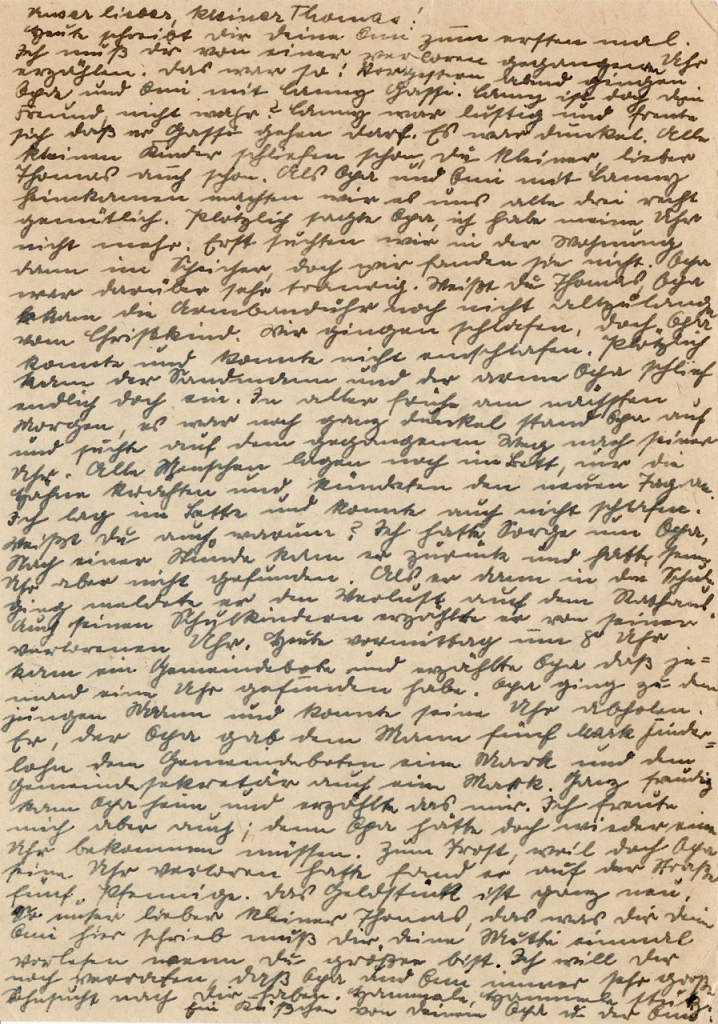Hello all, I hope you are doing well! This topic came to me by word of mouth from a friend. We were at our church’s vacation bible school and he said, “You should check out the history of how ok became ok.” While this word, abbreviation, or however you want to label it has a fantastic and humorous origin, this would indeed be an abbreviated article about abbreviations. So with that being said, we will talk about the word “ok” and its better than okay origin as well as other abbreviations.
The slang “ok” came about in 1839. This surprised me because I thought it would an actual word rather than slang and possibly older. Smithsonian Magazine claims that there is no true origin, but it became more popular after a magazine publisher, Charles Gordon Greene, stated that “ok” came about after a flop of the satirical way to say all right. Greene was working on his magazine in Boston and we all know that Boston has an accent almost as famous as a true Southern accent. To most people, “all right” sounded more like “oll wright”. To be honest, “OW” sounds more painful than “OK”. What happened next is that instead of “OW” for “oll wright”, it was changed to “oll korrect” as a play on the bad grammar. This is the most popular story for the origination of “ok”. Some scholars, according to Smithsonian Magazine, like the idea that it originated from former president Martin Van Buren whose nickname was “Old Kinderhook” and his slogan begin “Vote for OK”.

One other slang word that I would say that is not spoken often is “P.S.” To my knowledge, “P.S.” is understood as a post-script. This is where someone would write a letter, finish it, realize they had made an error or wanted an addition, and would then write “P.S.” to officially end the letter with the additional but short paragraph. However, a postscript does not stop there. Prof. Paul Brians of Washington University writes, “When they wanted to add something else after the postscript, it was labeled “PPS” for “post postscript.” Meaning that if you sat down and wrote a letter, added new information after writing, and then remembered something else to write, you would add the “post postscript”. In conclusion of the postscripts, it is too easy to revise letters or add information now so it is almost a slang of the past since written letters are not as common as an e-mail or text.

Lastly, we have two very important abbreviations that will determine whether or not you will have Mogwai or Gremlins. To my knowledge, A.M. was always “after midnight” and P.M. was also “pre or post-midnight”. However, these are incorrect. Thanks to Dictionary.com, A.M. is an abbreviation for the Latin phrase, “ante meridiem” or “before midday”. For P.M., it is also an abbreviation of a Latin phrase, “post meridiem” or “after midday”. The reason for A.M. and P.M. was to help people in ancient times with the understanding of a twelve-hour cycle within a twenty-four-hour day.

Well, there you have it. An abbreviated article for abbreviations. I hope you all enjoyed this week’s topic. Let me know what your favorite abbreviation or slang word is!